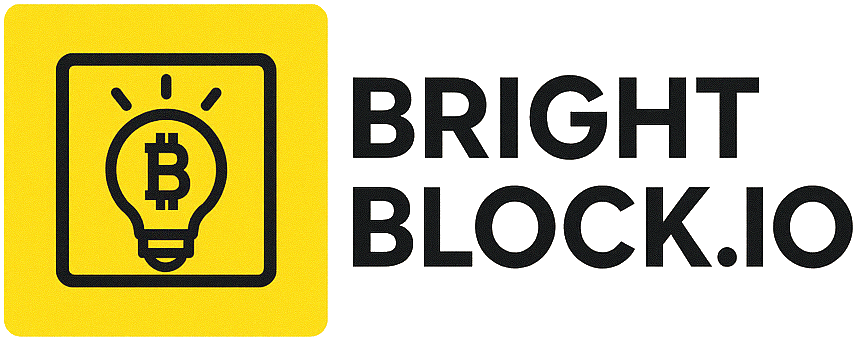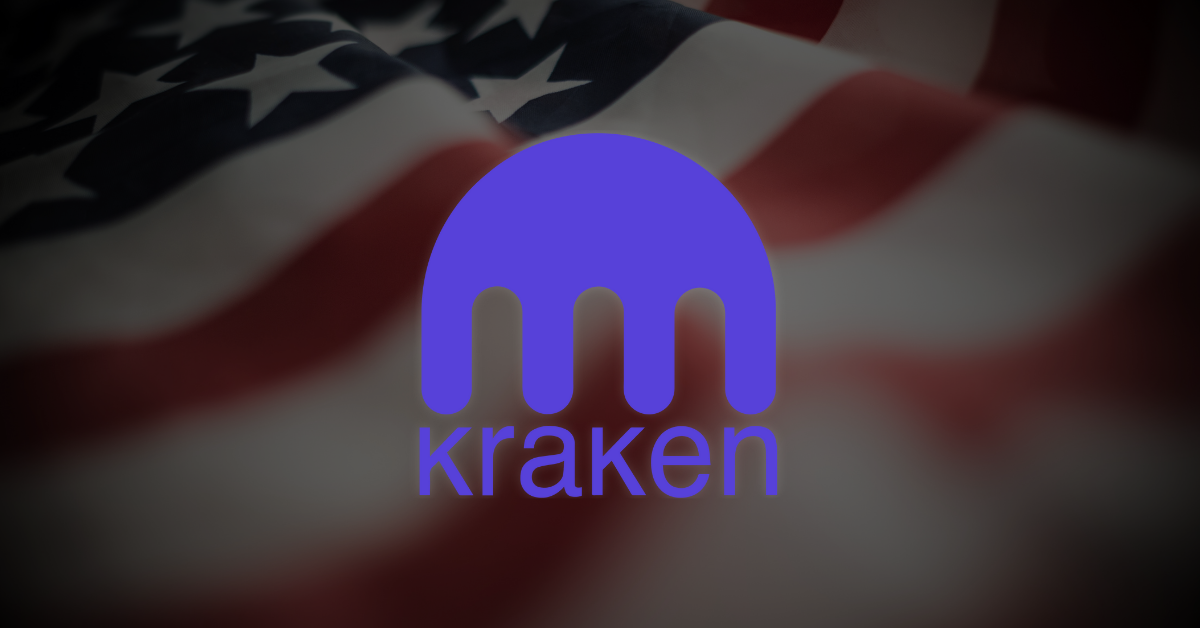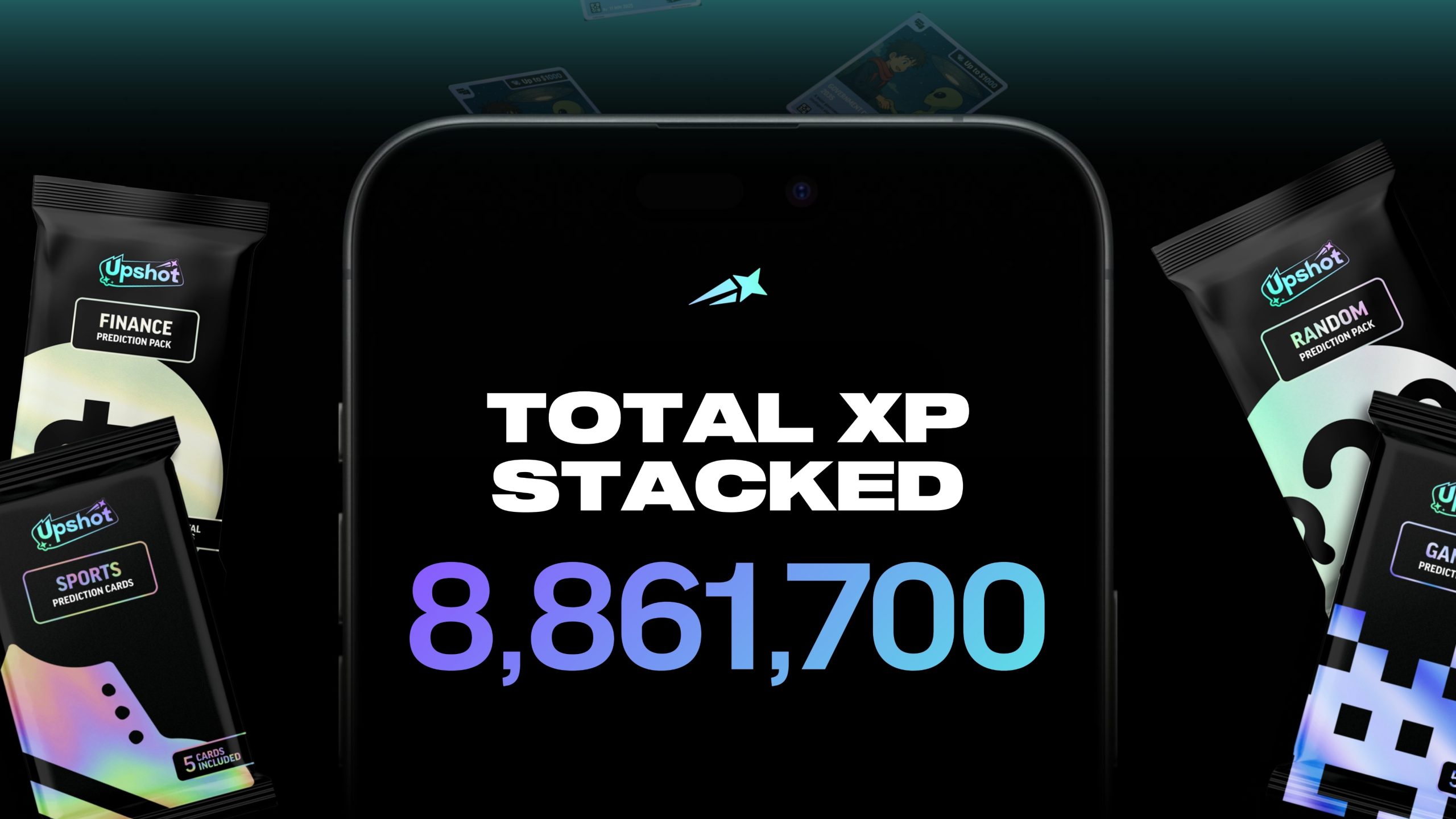Key Takeaways
- Crypto exchange Kraken has donated $2 million to pro-Trump political action committees (PACs), including a $1 million commitment to the Digital Freedom Fund PAC.
- Kraken co-CEO Arjun Sethi framed the donation as a defense of “crypto privacy rights” and “financial freedom” against what he called “attempts to criminalize infrastructure” and “surveillance-based finance.”
- This move, which follows similar political spending from firms like Gemini and Fairshake, signals a growing trend of crypto companies moving from passive lobbying to active political campaigning to shape future regulation.
In a bold political statement, crypto exchange Kraken has announced a $2 million donation to pro-Trump PACs. Kraken co-CEO Arjun Sethi, a vocal advocate for crypto’s core principles, framed the donations not as a partisan endorsement, but as a fight for the “core rights of individuals in a digital age.”
The announcement, which includes a $1 million donation to the Digital Freedom Fund PAC and a $1 million commitment to America First Digital, underscores a significant shift in the industry’s approach to lobbying and policy, with a newfound focus on ideological alignment and political influence.
Crypto’s Political Evolution
A Political Action Committee (PAC) is an organization in the United States that pools campaign contributions from its members and donates those funds to campaigns for or against candidates, ballot initiatives, or legislation. For a long time, the crypto industry’s political spending was primarily defensive, focused on lobbying for favorable regulation and against restrictive legislation.
However, the political landscape is changing. With federal authorities recently targeting developers of privacy tools like Tornado Cash and Samourai Wallet, crypto leaders have begun to see the need for a more offensive strategy.
Kraken’s donation signals a new era of political engagement. Instead of simply lobbying, companies are now actively funding PACs to elect candidates who are sympathetic to their cause.
The Battle for Privacy and Freedom
At the heart of Kraken’s political stance is the belief that crypto is a tool for financial freedom and privacy. The company, which has long championed principles like self-custody and user privacy, sees recent enforcement actions against developers of privacy tools as a direct threat to the industry’s foundational principles.
Sethi’s warning against “surveillance-based finance” and “criminalizing infrastructure” is a direct challenge to the government’s approach to anti-money laundering and know-your-customer regulations.
The donation is part of a broader trend of crypto firms increasing their political spending. The Winklevoss twins, co-founders of Gemini, contributed over $21 million to launch the explicitly pro-Republican Digital Freedom Fund PAC.
Meanwhile, Fairshake, the largest crypto super PAC, raised nearly $300 million in 2024 from major players like Coinbase and Ripple, but its strategy has been to spend across both parties to prevent digital assets from becoming a partisan wedge issue.
Final Thoughts
Kraken’s $2 million donation to pro-Trump PACs is a powerful signal that the fight for crypto is no longer just about technology; it’s a political battle for fundamental rights. By backing political candidates who align with its values, Kraken is attempting to proactively shape the regulatory environment and ensure a future where financial freedom and privacy are protected.
Frequently Asked Questions
What is a Political Action Committee (PAC)?
A Political Action Committee (PAC) is a group that raises and spends money to elect or defeat candidates for public office.
Why is Kraken donating to political campaigns?
Kraken is donating to support what it views as the fight for “crypto privacy rights” and “financial freedom” and to elect political candidates who support pro-crypto policies.
What is the difference between Fairshake and the Digital Freedom Fund?
Fairshake is a bipartisan PAC that donates to both Republican and Democratic candidates to avoid making crypto a partisan issue, while the Digital Freedom Fund explicitly supports Republican candidates and a pro-Trump agenda.






